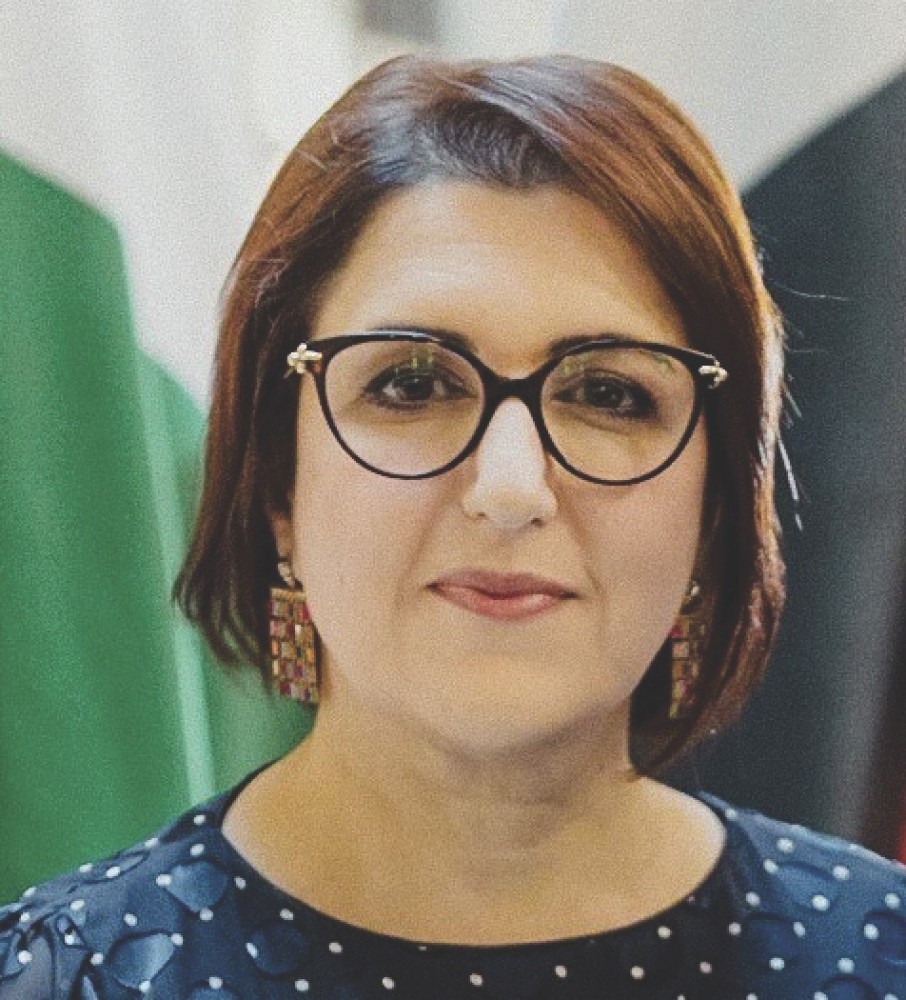Humanity has always longed for peace. Despite this aspiration, war has continually reshaped history. However, something seems to have changed in Western Christian culture, where armed conflicts have become increasingly unimaginable. Undoubtedly, the Catholic Church has contributed to this change.
In 1963, Pope John XXIII published the encyclical Pacem in Terris (Peace on Earth). The work attracted global attention in the wake of the previous year’s Cuban Missile Crisis and the failed U.S. invasion of Cuba in 1961, known as the Bay of Pigs Invasion. At that time, the imminent threat of nuclear war between the United States and Soviet Union loomed over the world.
Amid these Cold War tensions, Pope John’s message in Peace on Earth became a guiding charter for Catholics worldwide, especially in the context of the revolutions and decolonization in the Third World. Against this backdrop of global changes, the Pope aimed to lay the foundations for a lasting peace through effective communication and mutual understanding.
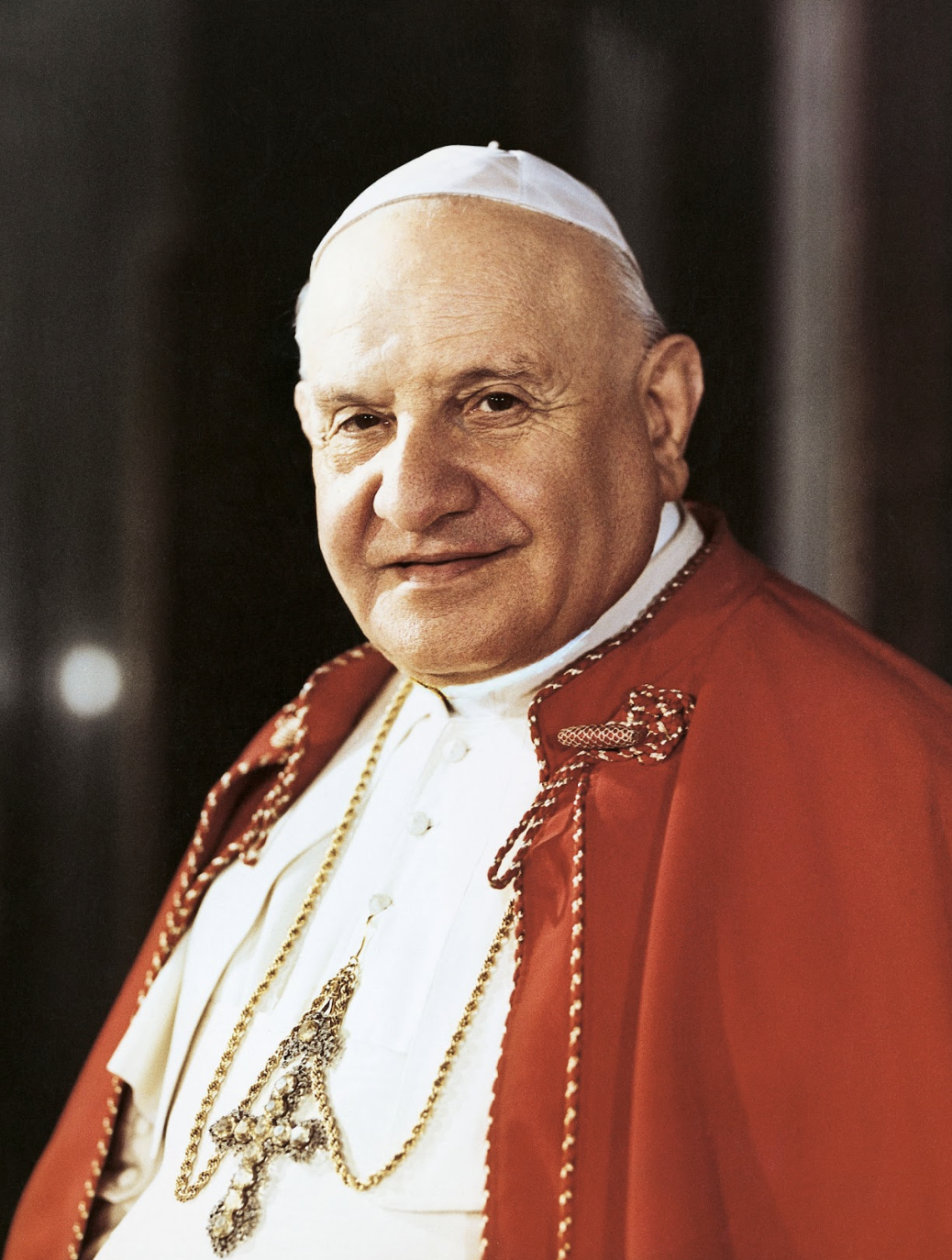
A call for human rights
In Peace on Earth, the Pope raised a new and timely question that coincided with the establishment of the Non-Aligned Movement in 1961: how can true relationships be fostered between humans? The answer was clear – everyone must respect the rights of others and fulfill their responsibilities. True human relationships can only be built upon respect for dignity and freedom, ensuring that all enjoy a decent standard of living, education, freedom of the press, religious liberty, fair working conditions, freedom of movement or migration, and participation in public life, including the right to assemble and form associations.
At the same time, these rights must be balanced by duties, which he summarized in the phrase: “Treat others as you would like to be treated.“ This ethical approach requires a spiritual mindset, urging individuals to empathize with the needs of others, share resources, and exchange spiritual values.”
Based on this ethic, Pope John’s message addressed the issue of war, rejecting the arms race, denouncing a civilization based on fear, calling for respect for a healthy environment for the planet, and proposing, as his predecessor Pope Pius XII had, global disarmament with safeguards, particularly in the nuclear domain. He emphasized that material demobilization would be meaningless without removing hatred from human hearts. To achieve this, he asserted, national and international organizations must be built on four pillars: truth, justice, charity, and freedom. For Pope John, peace was, above all, a moral and spiritual matter.
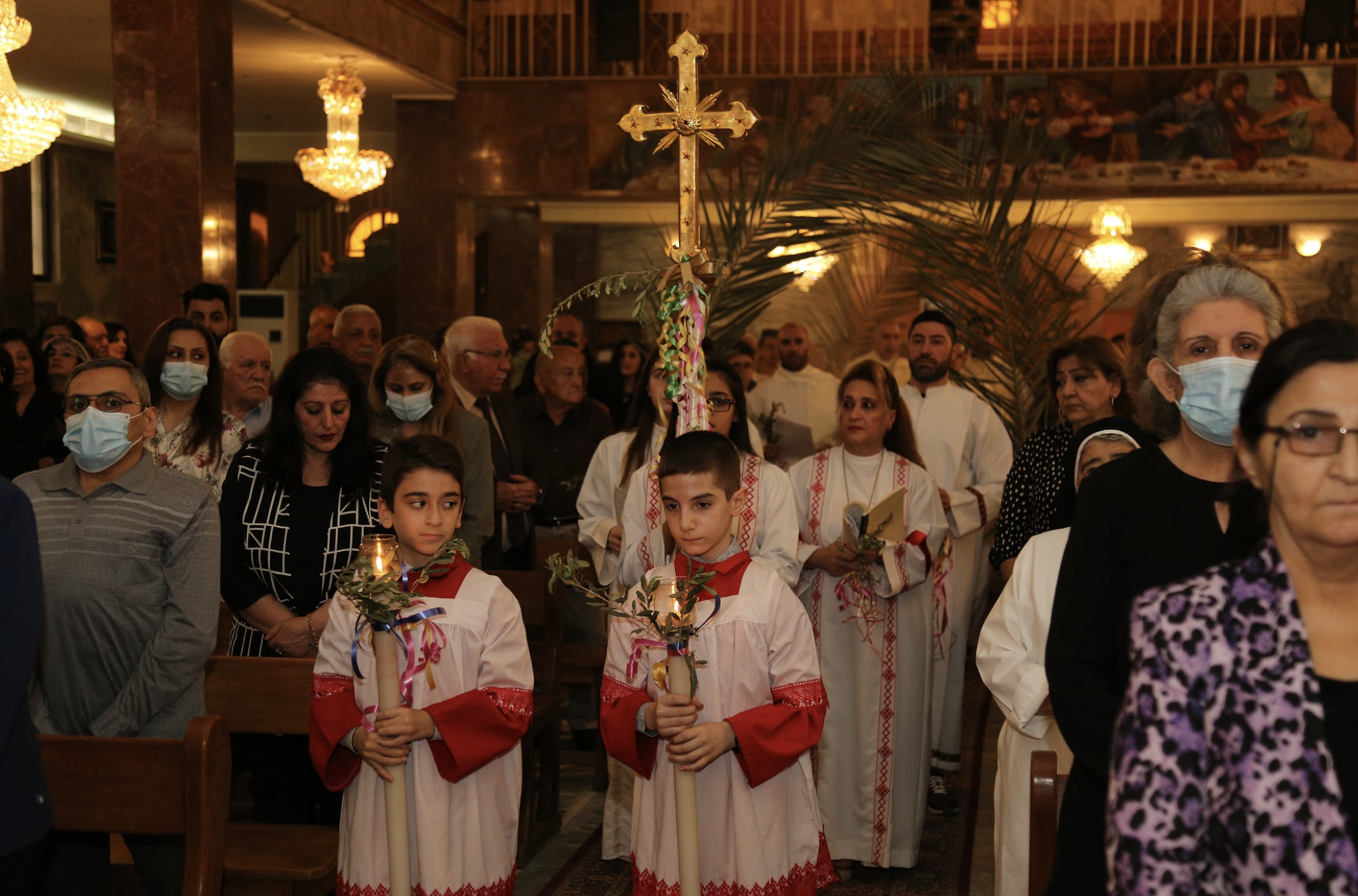
The evolution of just war theory
In its early history, Christianity leaned toward what is now known as “conscientious objection,“ with early Christians refusing military service based on personal, religious, or ethical beliefs. While they condemned war in the name of the Gospel, some Church Fathers argued that the use of arms for defending the homeland and restoring order could be justified. For example, Saint Augustine saw war as justifiable only when aimed at restoring peace and achieving justice, and only after all peaceful means of resolving conflicts had been exhausted.
In the 13th century, Saint Thomas Aquinas elaborated on the conditions for a just war: legitimate authority, a just cause, right intention, and proportionality between the expected harm and the injustice being addressed. This framework established war as a last resort within international law.
By the 16th century, theologians such as the Dominican Francisco de Vitoria and the Jesuit Francisco Suarez emphasized the organizational aspect of warfare, arguing that states bore responsibility for acting against disruptors and maintaining the common good for all in the world, what we today would consider “global order.”
With the rise of nation-states in the 17th century, the idea of just war began to lose credibility, as it became a justification for princes to wage war against each other. The term then faded from public discourse after the 1648 Peace of Westphalia, as European public law recognized the right of sovereign states to declare war while seeking to regulate conflicts and thus minimize destruction and protect civilians.
The failure of European public law to regulate warfare, however, became quickly apparent. Wars were declared without legal foundations, resulting in widespread violence that culminated in the two World Wars. This carnage prompted a reevaluation of war’s legitimacy, and the Popes began calling for alternatives to armed conflict and the need for global disarmament. Pope Pius XII, recognizing the dangers of nuclear weapons, laid the foundations for the Church’s modern stance toward warfare. These views later influenced the Second Vatican Council’s Gaudium et Spes, published in 1965, which articulated the Church’s role in the modern world.
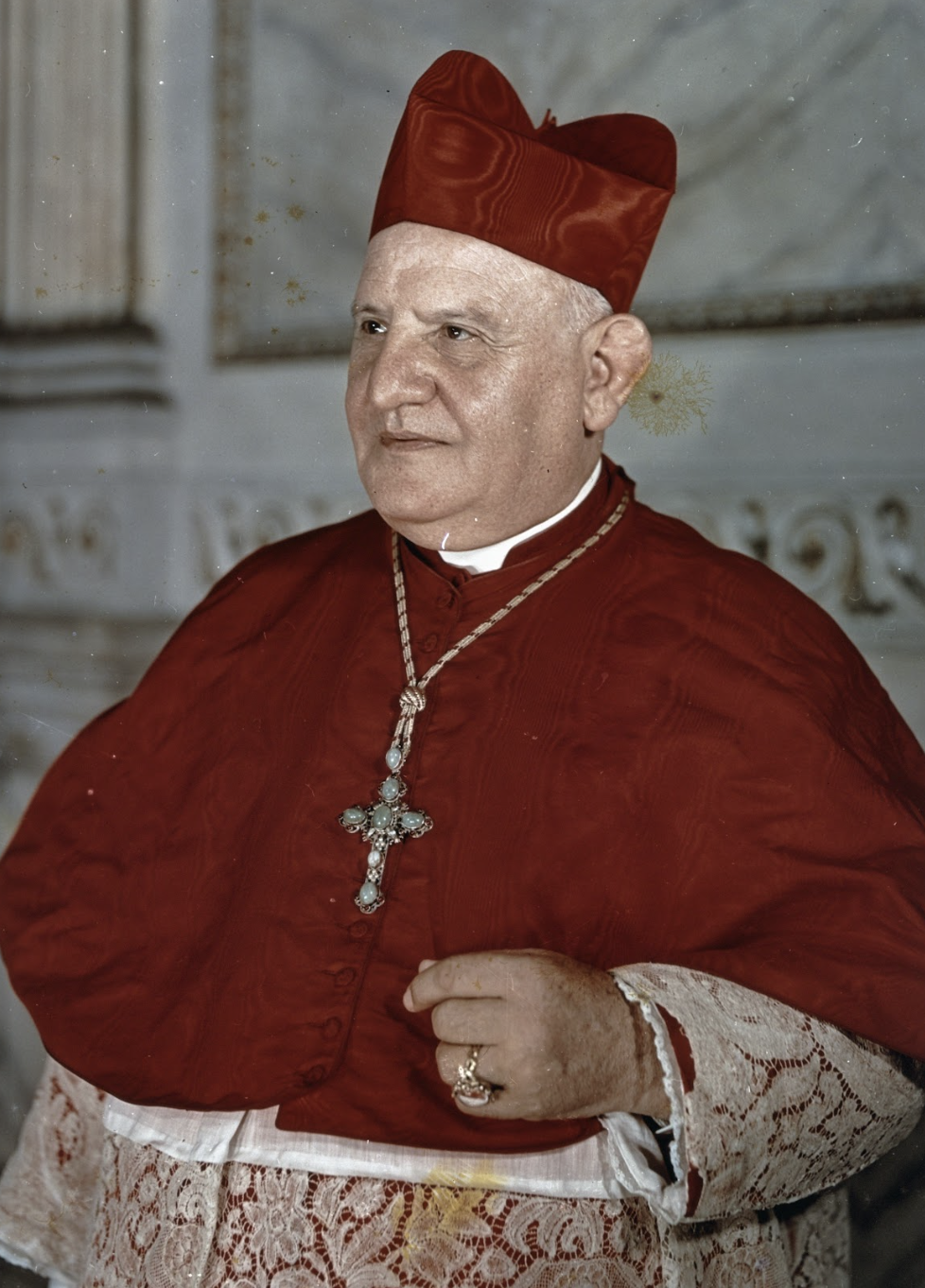
The shift to peacebuilding
By 1963, the Church had moved away from endorsing war as a means of justice. Pope John XIII declared that every effort must be made to prevent war, advocating for a global authority to ensure security, safeguard justice, and uphold human rights. He called for international agreements to curb the arms race and promote disarmament. However, he acknowledged that as long as war remained a threat and global security was not realized, states cannot be deprived of the right to self-defense.
Regarding deterrence, it could be considered morally acceptable so long as it served as a step towards gradual disarmament, but Gaudium et Spes cautioned against reliance on military buildup, asserting that true peace cannot be sustained through acquiring technologically more advanced arms but must be achieved through diplomacy and humane solutions.
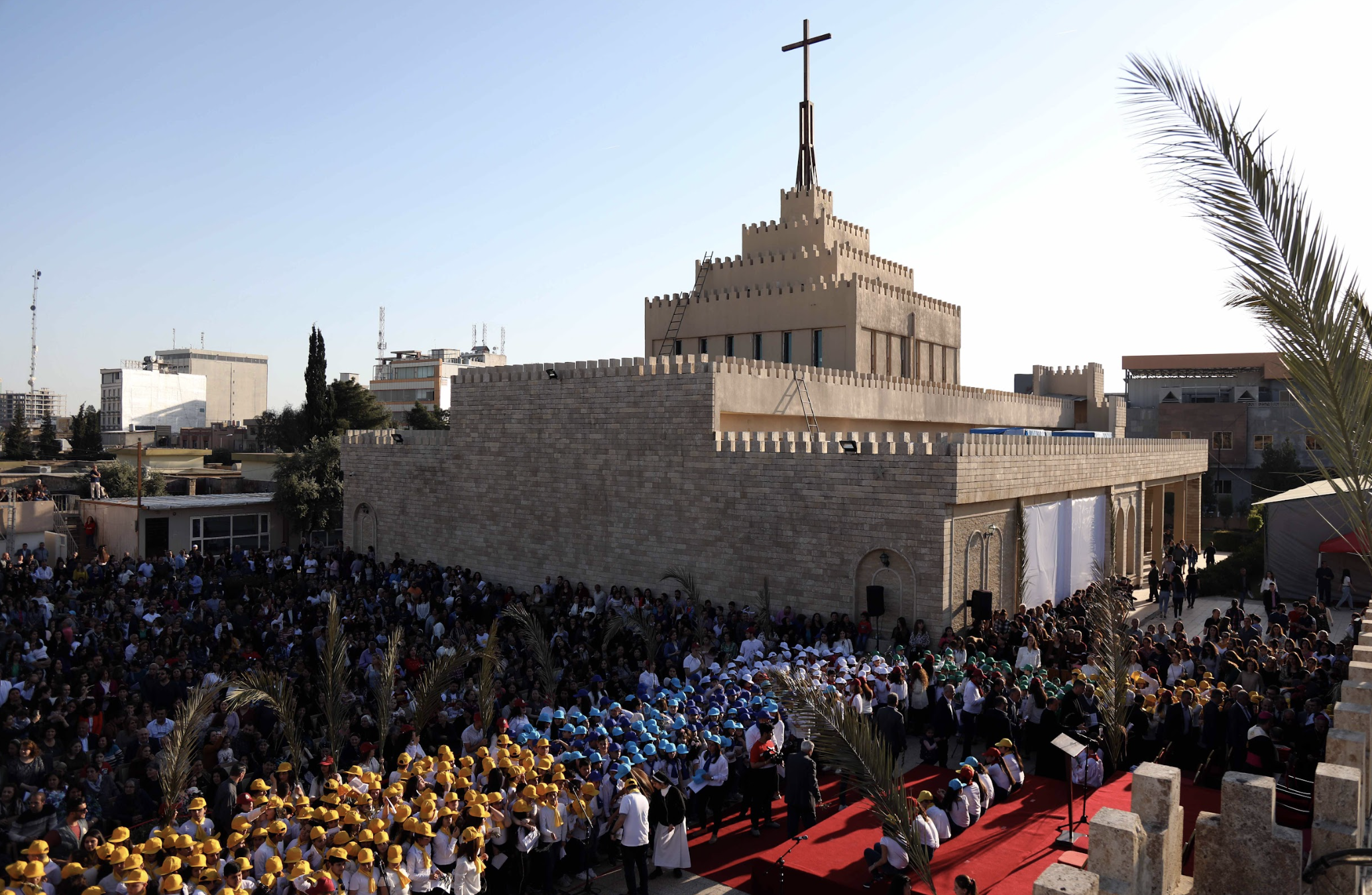
Modern warfare
Since the fall of the Berlin Wall in 1989, the international approach to peace has evolved. After the UN ramped up operations after the Cold War ended, it faced questions regarding its ability to intervene in civil wars or to maintain peace or even impose peace. Some states defended intervention for humanitarian reasons, with international authorities determining how to assist vulnerable nations. For example, the UN led an international coalition that declared war against Iraq after it invaded Kuwait, a modern revival of just war theory. However, Pope John Paul II opposed the war, arguing that it could have been prevented and warning about its potential religious implications between Islam and Christianity.
The September 11, 2001 attacks opened similar questions, as they marked the rise of global terrorism, blurring distinctions between traditional combatants. While many nations adopted “counterterrorism“ policies, the Church condemned war as a means of combating terrorism. Pope John Paul II, along with other Christian leaders, condemned the 2003 U.S. intervention in Iraq, advocating instead for peaceful solutions that respected the value and dignity of every culture and laid the foundations for preventive defense policies.
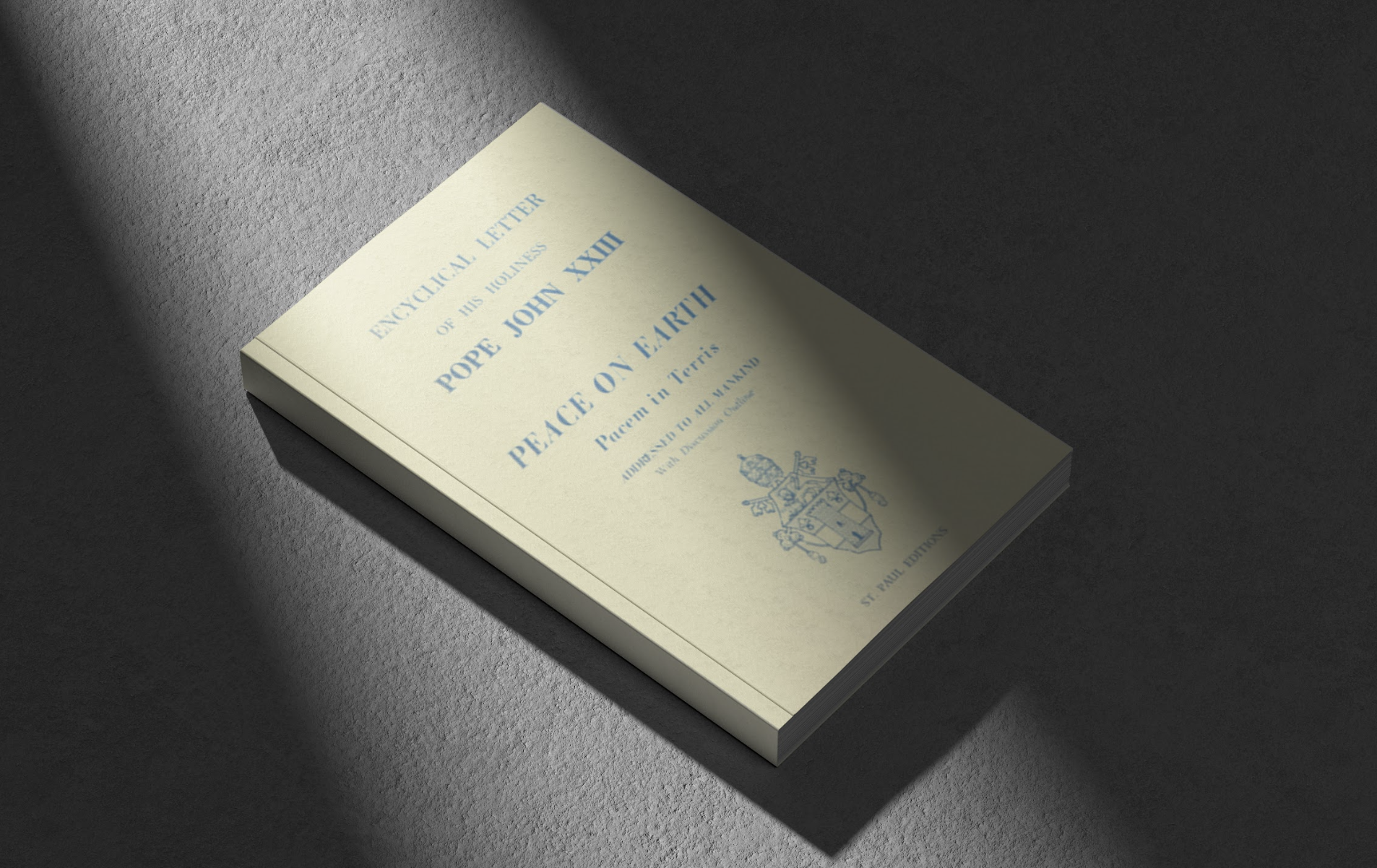
The Church and pacifism
The Church is, by nature, peaceful, though it has never renounced the principle of self-defense. It increasingly supports pacifists and conscientious objectors who advocate for peaceful resolutions to conflict.
Nonviolence, as a moral philosophy, does not imply passive submission to evil. Instead, it demands rejecting hatred and resisting injustice and violence. Some contemporary thinkers trace the roots of nonviolence to the Gospel, when Christ said, “If someone strikes you on the right cheek, turn to him the other side as well.” Early Christians upheld this principle, which reemerged through figures like St. Francis of Assisi, who acted in a nonviolent manner during the Crusades.
Nonviolence also found salience in leaders outside the Church, such as Mahatma Gandhi in India, Martin Luther King, Jr. in the United States, Lanza del Vasto in Europe, Dom Helder Camara in Brazil, and many others, who advocated for peaceful solutions to injustice. The anti-war movement also spread worldwide in the 1960s, with the ideas of nonviolence penetrating fields like psychological research, academia, and civil defense.
The Second Vatican Council ultimately called for a reevaluation of all war-related concepts, included just war theory, with Pope Paul VI declaring before the UN in 1964: “Humanity must put an end to war, or war will put an end to humanity.’’ This marked a turning point, elevating conscientious objection to a recognized human right that endures to this day.
Archbishop Yusuf Touma is the Archbishop of Kirkuk and Sulaymaniyah for the Chaldeans, Kirkuk, March 19, 2025

